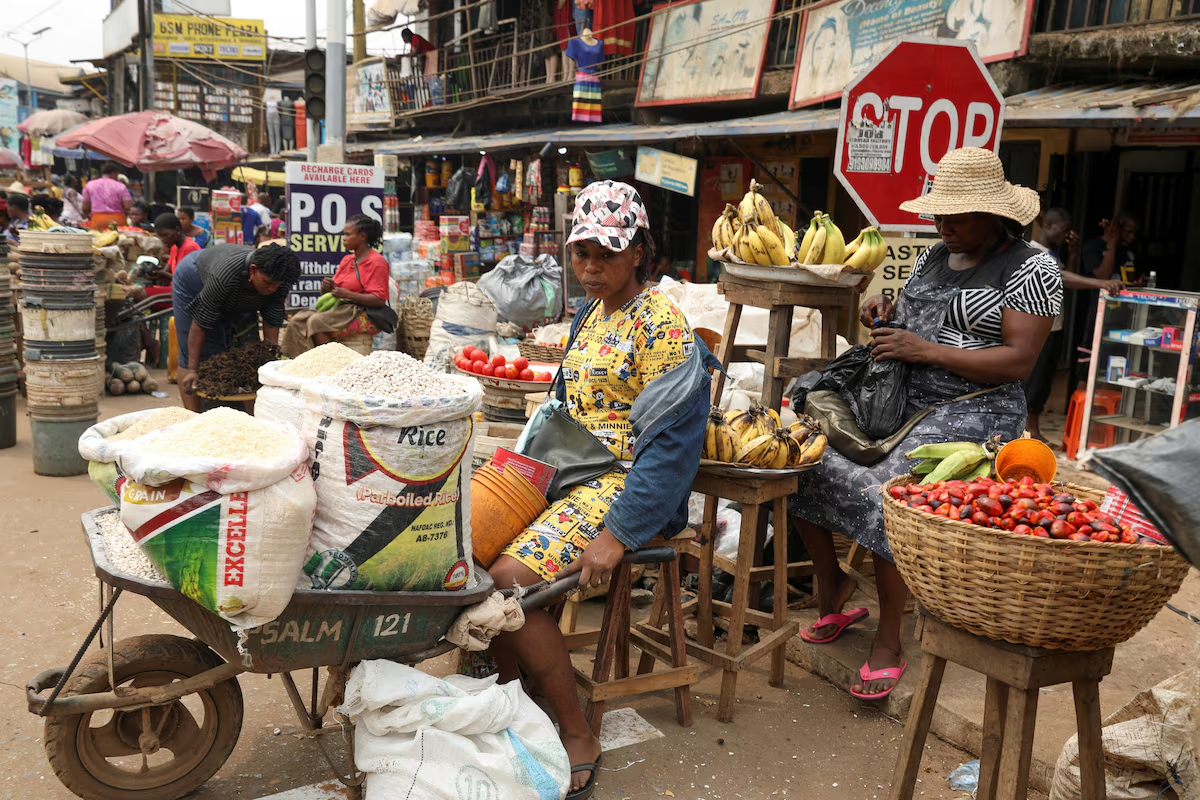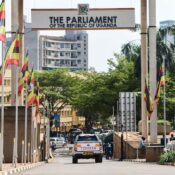
In 2024, debt and unpaid payments will plague Africa’s economies
A number of African nations struggling with political and economic issues are depending on the World Bank and the International Monetary Fund (IMF), who are currently hosting their yearly spring meetings in Washington, DC, to provide rescue operations.
Ghana is facing financial difficulties due to its unmanageable public debt. To address this issue, the government has initiated a comprehensive plan for debt restructuring, a substantial program for fiscal reduction, and the implementation of policies aimed at promoting resilience and stability in the economy.
The IMF’s $3 billion Extended Credit Facility program is supporting stabilization efforts.
The World Bank reports that the crisis has had a significant impact on the nation’s economic growth, which slowed to an anticipated 2.9 percent in 2023 and is expected to remain sluggish in 2024.
According to the World Bank, macroeconomic stability will be necessary to bring growth back to its potential rate of 5%.
President Salva Kiir of South Sudan faces a difficult battle in trying to reverse the economic decline that has driven more than eight million people into poverty as the country’s main source of income—oil production—drops due to depleted wells and fighting in neighboring Sudan.
Due to a lack of political resolve to carry out the 2018 peace agreement, Juba is starving of donor cash and is attempting to draw resources from the already overworked oil sector.
The world’s newest country, which is struggling with a civil war that broke out in 2013 and claimed the lives of two million people, has seen its economic and humanitarian conditions worsened by four years of severe flooding and the fallout from Russia’s invasion of Ukraine. Approximately 25% of the population has been forced to flee to neighboring countries.
An estimated 11.27 million people live in this country, which was severely affected by the Covid-19 pandemic in 2020. The war has hindered oil production in that nation.
Nigeria, the biggest economy in Africa, is experiencing a number of economic difficulties, including the withdrawal of petroleum subsidies, a currency float, and a botched currency redesign.
The country is currently experiencing a severe currency crisis with far-reaching effects, as well as rapidly rising inflation.
As per the October 2023 Regional Economic Outlook Report For Sub-Saharan Africa published by the IMF, Nigeria eliminated fuel subsidies of $10 billion in June 2023, which is four times the amount allocated to healthcare.
The majority of these subsidies tended to favor wealthy demographics and were ill-targeted.
Additionally, the IMF claims that a sizable quantity of petroleum was being smuggled out of the nation, rewarding the rent-seeking behavior of a select few and thus subsidizing customers (or distributors) in neighboring states.
After missing a $42.5 million payment on one of its international bonds in November 2020, Zambia became Africa’s first sovereign default of the epidemic age and is currently negotiating a debt restructuring agreement with its bondholders abroad.
In order to discuss global issues such as the world economic outlook, poverty eradication, economic development, and aid effectiveness, the boards of the IMF and the World Bank Group, central bankers, ministers of finance and development, parliamentarians, private sector executives, and representatives from civil society organizations get together for the annual Spring Meetings.
Zambia and its foreign bondholders achieved an agreement in principle on debt restructuring in March, moving the nation closer to the end of a difficult process that has taken more than three years and been plagued by multiple setbacks.
According to ReliefWeb, a UN humanitarian information portal, the war in Sudan has killed thousands of people, driven millions from their homes, and created economic unrest throughout the area that is exacerbating the hunger problem.
Sudan’s food prices, made worse by the devaluation of the national currency, are 350 percent higher than the five-year average and 73% higher than in 2023. The knock-on consequences are being felt in South Sudan and Chad, where significant population displacement and interrupted trade are depleting resources and making hunger worse.
In South Sudan, where over half of the population, or 7.1 million, already faces extreme hunger, this economic unrest runs the risk of driving a million people into severe food insecurity.
South Africa, Egypt, and Somalia are among the other nations dealing with economic difficulties.
All Categories
Recent Posts
Tags
+13162306000
zoneyetu@yahoo.com



